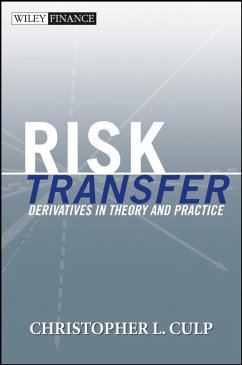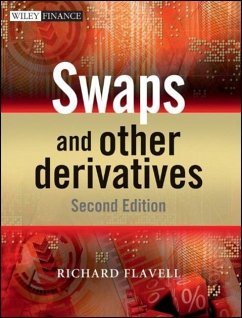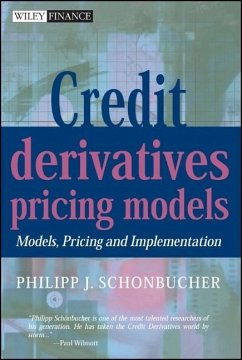
The Future of Finance After Sepa
Versandkostenfrei!
Versandfertig in über 4 Wochen
74,99 €
inkl. MwSt.

PAYBACK Punkte
37 °P sammeln!
The future of finance after SEPAThe impact of the Single Euro Payments Area (SEPA) and the Payment Services Directive (PSD) upon business and banking in EuropeEdited by Chris SkinnerSEPA was created by Europe's banks in 2002 in response to regulations and plans drawn up by the European Commission from a meeting in Lisbon at the turn of the millennium. Consequently, SEPA has been assisted by new legislation, the PSD, which was agreed in 2007.The implementation of SEPA takes place in 2008 within the banking industry, with full operation in 2010, and will be a massive change to not just banking, ...
The future of finance after SEPA
The impact of the Single Euro Payments Area (SEPA) and the Payment Services Directive (PSD) upon business and banking in Europe
Edited by Chris Skinner
SEPA was created by Europe's banks in 2002 in response to regulations and plans drawn up by the European Commission from a meeting in Lisbon at the turn of the millennium. Consequently, SEPA has been assisted by new legislation, the PSD, which was agreed in 2007.
The implementation of SEPA takes place in 2008 within the banking industry, with full operation in 2010, and will be a massive change to not just banking, but all aspects of finance and financial services across Europe and the globe.
This is because the vision for SEPA is that, by 2010, all euro payments are treated in the same way as domestic payments. In other words, European citizens and corporations enjoy a transparent market where there is no difference in charges for payments between Rome, Madrid, Paris and Munich. As a result, citizens, governments and corporations will have full access to finance transparently across 15 countries today and potentially 31 tomorrow. A United States of Europe, fuelled by fully integrated financing, will be different to the fragmented Europe of the past.
This book reviews the key implications and challenges of SEPA and the PSD across the European landscape, and the likely outcomes of SEPA for 2010 and beyond.
The main themes that emerge are that many of Europe's leading providers of payments infrastructures, which are often bank-owned, will disappear and new payments providers and structures will emerge. Some of these will be evolutions and some will be revolutions. In addition, there will be major impacts upon those banks that cannot provide euro-services competitively in this new geographically competitive environment. The winners will reap major rewards, but there will be far more losers who will be merged or acquired.
The impact of the Single Euro Payments Area (SEPA) and the Payment Services Directive (PSD) upon business and banking in Europe
Edited by Chris Skinner
SEPA was created by Europe's banks in 2002 in response to regulations and plans drawn up by the European Commission from a meeting in Lisbon at the turn of the millennium. Consequently, SEPA has been assisted by new legislation, the PSD, which was agreed in 2007.
The implementation of SEPA takes place in 2008 within the banking industry, with full operation in 2010, and will be a massive change to not just banking, but all aspects of finance and financial services across Europe and the globe.
This is because the vision for SEPA is that, by 2010, all euro payments are treated in the same way as domestic payments. In other words, European citizens and corporations enjoy a transparent market where there is no difference in charges for payments between Rome, Madrid, Paris and Munich. As a result, citizens, governments and corporations will have full access to finance transparently across 15 countries today and potentially 31 tomorrow. A United States of Europe, fuelled by fully integrated financing, will be different to the fragmented Europe of the past.
This book reviews the key implications and challenges of SEPA and the PSD across the European landscape, and the likely outcomes of SEPA for 2010 and beyond.
The main themes that emerge are that many of Europe's leading providers of payments infrastructures, which are often bank-owned, will disappear and new payments providers and structures will emerge. Some of these will be evolutions and some will be revolutions. In addition, there will be major impacts upon those banks that cannot provide euro-services competitively in this new geographically competitive environment. The winners will reap major rewards, but there will be far more losers who will be merged or acquired.












